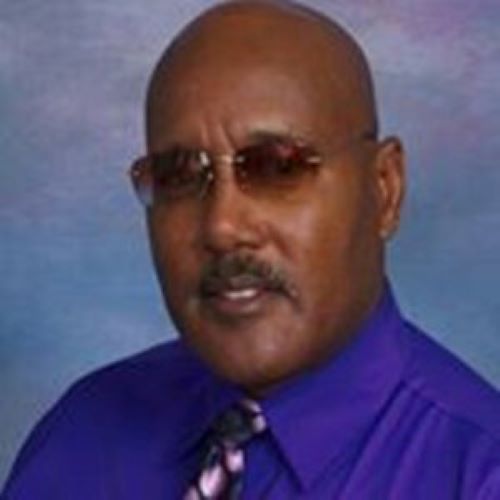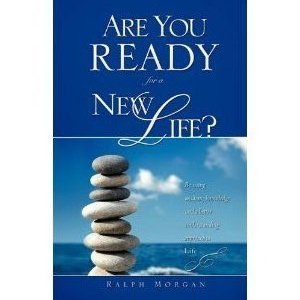
CHECK OUT OUR NEW YOUTUBE CHANNEL CALLED: GROWING MATURE
SELF-EXAMINATION. What are the tools for knowing yourself and knowing God? We answer life’s most important questions through the tools of “self-examination” and studying the “character of God.” As Plato said, “The life which is not examined is not worth living.” The idea of self-examination may cause a concern that we somehow do not trust the Lord, that we are acting “self-centered.” We may be tempted to ask; shouldn’t we just leave well enough alone?

Actually, the Bible commends self-examination: “Examine yourself as to whether you are in the faith. Test yourselves. Do you not know yourselves, that Jesus Christ is in you? unless indeed you are disqualified” (2 Corinthians 13:5); and “Let us examine our ways to test them and let us return to the Lord” (Lamentation 3:40). Self-examination is a “biblical concept.”
What should we know about ourselves? The call to self-examination is not the “contemporary” call to discover who is at fault for the way we turned out, so we will have someone to blame. Rather, it is a call to understand our human nature so we can take responsibility for our lives. Two questions in self-examination will drive us to God: “Why am I so blessed?” And “Why am I so unhappy?”
Why we are so blessed is understood by believers that really know God: “Why am I so unhappy?” Usually reflects upon our “miseries” and “problems.” Some troubles come unintentionally through “ignorance,” “vanity,” “poverty,” “infirmity,” or “circumstances.” For example, a health problem could result from not exercising, poor diet, high cholesterol, or a genetic defect. A finance problem could result from being a spendthrift or losing a job.
A relationship problem could develop because you didn’t invest time in your wife or kids. These are unintentional troubles. You didn’t plan to hurt yourself or others, but you did. Other problems come intentionally through malice, depravity, corruption, and willful sin. You may lead a double life. Maybe the problems are dishonesty or sexual immorality. It is not necessarily bad to be miserable. As someone has said, “We must be ‘stung’ by our own unhappiness before we attain knowledge of God.” Reflecting on our blessings and our unhappiness should give us hunger to know ourselves and a thirst to know God.
Some things that I have learned from others to help me in my self-examination:
- The Bible – when we read “self-revealing” portions of the Bible the Holy Spirit of God quickens truth to our minds.
- Christian Literature – many of these books by reputable authors can take you deeper into self-understanding.
- Bible Study – After you have read yourself “full” you will probably find that you lack some self-understanding. It’s profitable to hear a sermon, but for self-examination you need some “airtime” to flush out ideas for yourself.
- Accountability Groups and others – In an accountability groups and others, you give each the permission to ask the hard questions about how you are doing in key areas of your life and any areas of personal struggle. This should be done frequently, because it helps us in better understanding ourselves and our motives.
- If married wife or husband – as a married person nobody knows us better than our spouse. That’s the very reason many won’t discuss their private thoughts with their mates. However, if you explain to your wife or husband that you want to get a better handle on yourself, you ask for their support, and you will most likely find them a gifted and sensitive helpmate. Thank you for viewing the article! Ralph
Finally, I have written a book called: “Are You Ready for a New Life?” The book covers this and much, much more, and gives you in insight into your health, finance, personal and spiritual growth.
YOU CAN PURCHASE THE BOOK AT: AMAZON.COM
